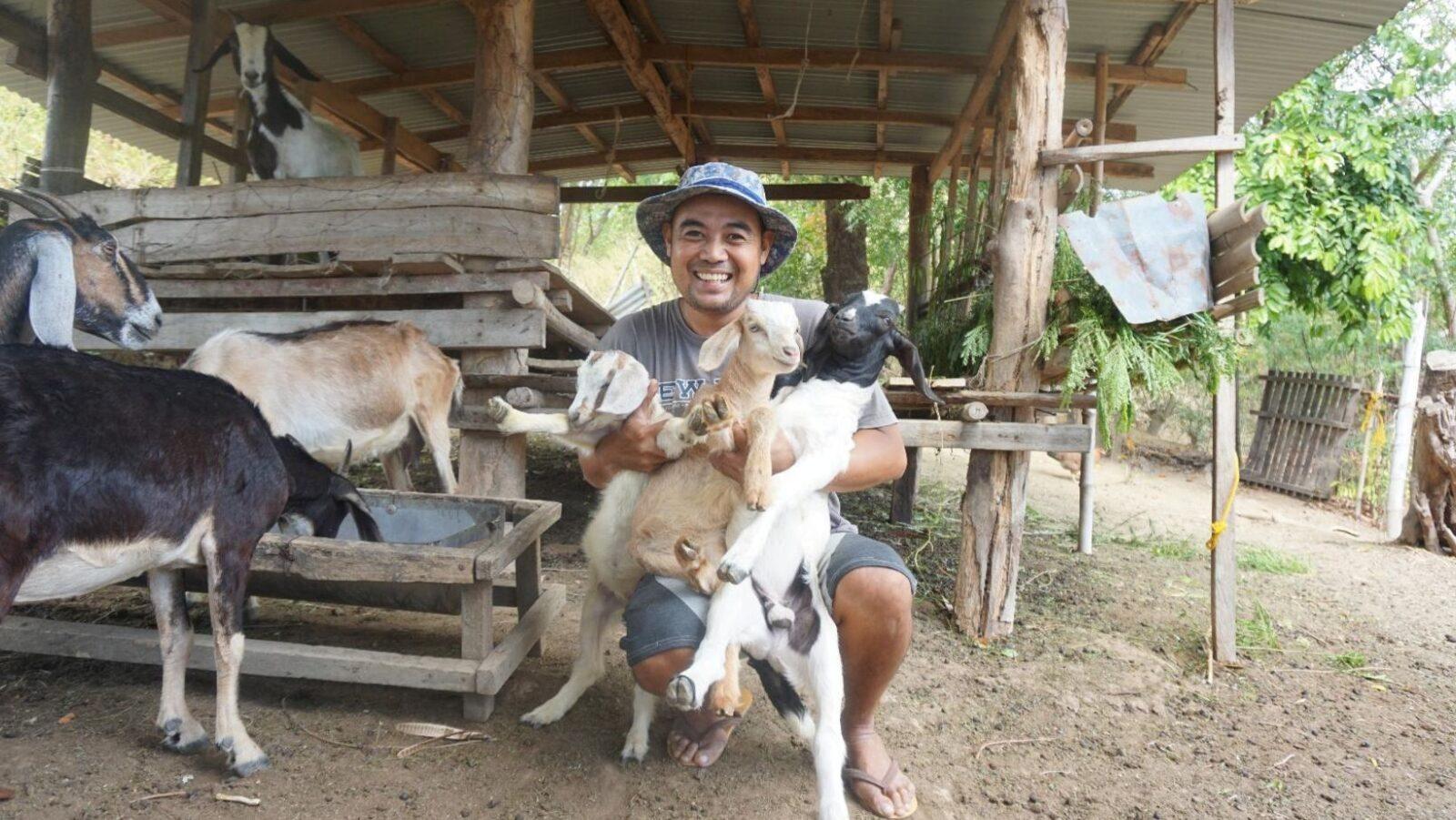
ICYMI: Science and technology updates from March 8 to 14, 2021.
House panels approve bill creating Philippine virology institute
The Philippines’ House Committees on Health and Science and Technology approved a substitute bill proposing the creation of the Virology Science and Technology Institute of the Philippines (VIP) under the Department of Science and Technology (DOST). It will serve as the country’s premier research and development institute in human, plant, and animal viral diseases. The bill also proposes the creation of a Php 2 billion Virology Research Fund, exclusively for implementing the Virology Institute Strategic plan. Read the full story.
Scientists unlock ‘Cosmos’ panel on 2,000-year-old Antikythera Mechanism
Scientists at University College London reported the successful recreation of the Cosmos panel of the Antikythera Mechanism, a 2,000-year-old mechanism said to be the world’s earliest computer. After 121 years of baffling scientists since its discovery in a Roman-era shipwreck, the design of the device has been fully recreated with the ancient calculations used to make it. The researchers will put the design together to better understand how it works. Read the full story.
People who can’t visualize mental images aren’t easily spooked, says study
Aphantasia is the inability to visualize mental images—and according to a new study from UNSW Sydney, people with this condition are less likely to be scared by scary stories. In the study, researchers tested how aphantasic people reacted to reading distressing scenarios, measuring each participant’s fear response by monitoring how much the stories made them sweat. The findings showed that people incapable of visualizing the described scenes weren’t as easily spooked, suggesting a closer connection between emotions and imagery than we thought. Read the full story.
Study hints at disturbing origin of Guinea’s current Ebola outbreak
A new study shows that the ongoing Ebola outbreak in Guinea most likely started from someone infected during the 2013-2016 outbreak. Because the viruses from both outbreaks are almost genetically identical, researchers think that the virus had actually stayed hidden in a human body for years, and did not jump from an animal to a human (as scientists previously thought). Read the full story.
Scientists propose lunar “Doomsday Vault” to preserve life on Earth
Researchers from the University of Arizona presenting a bold idea for species conservation at the recent IEEE Aerospace Conference: a “Lunar Ark” to serve as a repository of human, plant, and animal life. The proposed “Doomsday Vault” will contain cryogenically frozen samples of sperm, eggs, spores, and seeds of 6.7 million species, and will be located on the Moon, a place where they won’t be jeopardized by Earth’s climate crisis. Read the full story.
Study: Cancer cells may evade chemotherapy by going dormant
A new study by scientists at Weill Cornell Medicine showed that cancer cells can dodge chemotherapy by entering a type of “active hibernation,” which enables them to withstand aggressive radiation treatments. These findings may help scientists in developing new drug combinations that could prevent cancer cells from entering this state, potentially making chemotherapy more effective. Read the full story.









